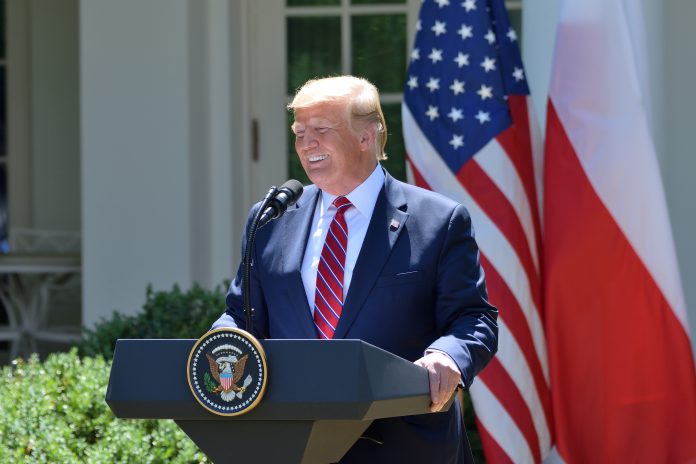Updated 3/27/25 at 08:25 am
President Donald Trump announced a 25% tariff on imported cars and light trucks starting April 2, escalating global trade tensions and drawing sharp criticism from U.S. allies and automakers.
The move, aimed at boosting domestic production and offsetting tax cuts, is expected to drive up vehicle prices and disrupt supply chains.
“What we’re going to be doing is a 25% tariff for all cars that are not made in the United States,” Trump declared in the Oval Office. The decision follows a 2019 national security investigation under Section 232 of the Trade Act of 1962, which concluded that auto imports impair U.S. national security. While Trump previously refrained from imposing tariffs, he now argues that negotiations have failed and the threat has worsened.
The tariff applies to vehicles from key trading partners, including Canada, Mexico, Japan, South Korea, and the European Union. The European Commission called the move “bad for businesses, worse for consumers,” while Canadian Prime Minister Mark Carney denounced it as a “direct attack” on Canadian workers. However, the United Auto Workers (UAW) union praised the decision, seeing it as a step toward restoring American manufacturing jobs.
To ease the transition, Trump’s order temporarily exempts auto parts that comply with the U.S.-Mexico-Canada Agreement (USMCA) and delays tariffs on other parts until May 3. Until a mechanism is established to tax their non-U.S. content, USMCA-compliant auto parts will remain duty-free.
Industry experts warn that the tariffs could have a significant impact on the automotive sector. Higher prices may lead to a decrease in new vehicle sales and could result in potential job losses. In an analysis obtained by CBT News, Jessica Caldwell, head of insights at Edmunds, pointed out that automakers facing increased costs are likely to pass these costs on to consumers. While some manufacturers might absorb a portion of the tariffs, the 25% rate makes higher prices inevitable, further worsening affordability concerns in the auto market. It is important to note that the U.S. imported $474 billion in automotive products in 2024, including $220 billion worth of passenger cars, primarily from allies now affected by the levies.
Since his return to office, Trump has actively pursued tariff policies, previously imposing levies on steel, aluminum, and Chinese imports. He also plans to announce broader reciprocal tariffs on April 2, though he hinted they may be more lenient than initially suggested.
As global trade partners prepare retaliatory measures, the long-term consequences of Trump’s latest tariffs remain uncertain, but they are set to reshape the auto industry and international trade relations.



